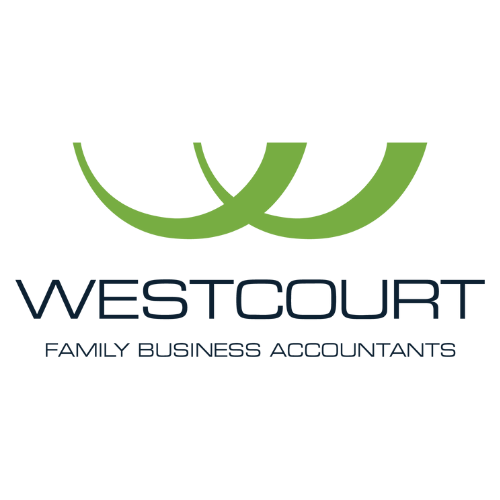Whenever you move money and generate profits – either business, investment or wages – taxation and tax compliance is a consideration. And with tax potentially taking nearly half of the income generated almost every family in business is interested in genuinely reducing their tax burden they carry.
And every family we have ever met has wanted to simplify their tax affairs and reduce the burden of tax compliance. Without exception every wealthy successful family asks the legitimate question of how to make their tax affairs less complex.
And the question is never how to make sure they are increasing their compliance with tax law. The assumption is, among some, that tax compliance is a “given” and does not really warrant further discussion.
And it is understandable. Tax compliance services are fundamentally a “hygiene factor” and fundamentally do not matter until you are subject to a review. They operate in a similar way to insurance policies or safety procedures. Sadly, like insurance and safety – they are also important and cannot be rectified after the event.
So what fundamentally is tax compliance? Tax compliance is just a part of your businesses overall good governance. A successful business or family will have procedures to stop fraud, they will have procedures to understand the risk of key staff leaving and they will have procedures to ensure clients pay their bills.
And in our client demographic the obligation of tax law compliance is almost exclusively outsourced to the incumbent tax agent. Sadly, the majority of larger families in business who approach us need to amend their prior tax returns so they are compliant with the prevailing tax law at the time.
So how, as a business owner, do you know if your accountant is providing sound tax compliance solutions?
1. Taxation goes beyond income tax
If you engage an accountant they will consider the raft of tax obligations that will impact your business. So the scope for an accountant will include payroll tax, superannuation guarantee levy, fringe benefits tax, Single Touch Payroll, capital gains tax, goods and services tax, PAYG Withholding Tax, wine equalization tax, foreign resident capital gains tax withholding to name a few of the common ones that arise.
Your tax advisor must ensure that you are compliant with all of the tax obligations that apply to you. The scope of your engagement with the tax advisor can never be reduced to retyping numbers from a document to a government printed form – that is not tax compliance.
2. Tax compliance is in writing
If you have engaged us to provide tax advice; the advice will be in writing. And the advice can simply be a statement that a matter, like payroll tax, has been considered and is not relevant to you.
Too often we see the tax law compliance reduced to the preparation of a standard form. And the risk of this position is that you have nothing on file to support a position.
3. The purpose of an entity is important
If you create an entity for your business or your investment affairs you are doing something important. The rationale of the entity must have been considered at some point in time and the advisor who recommended you to go in that direction must have made a consideration of a range of factors on how the entity should have been structured.
That consideration must be documented and retained with your organization chart. Later on, when situations change the original purpose of an entity is important to understand to move on later.
4. Elections, choices and positions
Tax law has a range of simple options to reduce the burden of tax compliance. And general good governance will indicate that the choices made should be documented separately.
If you have documented positions, sometimes simply by a directors resolution, you will have a knowledge to look back on to understand how something evolved. This documented process is critical with knowledge management and estate planning.
In effect the tax return must be able to stand on its own when reviewed. If your current tax advisor needs to verbally explain the operation, position and integration of your tax return with your business reports then the return is not yet complete. People retire, companies close down and executors need to figure out what is going on.
If your tax return has taken a position where a choice, election or position was made – the return needs to clearly articulate that position in a way that can be understood and proven. Your investment and business tax compliance cannot be left to the ability of a sole person memory at the time.
It is fair to say that almost every advisory firm offers tax compliance solutions. And it is also fair to say that for many firms – these services are not an offering by the firm that demands their primary focus. In fact many firms consider the business tax compliance services to be “dying” and the focus is primarily directed at more lucrative areas like investment advice or finance broking.
This is not the case with Westcourt. Compliance with tax law – through considered returns, timely lodgement, engagement with other advisors and written advice is our core service offering for a single market – families in business. We are not trying to offer more and more services to an infinite range of clients where effectively anything to everything is a speciality.
If your advisor is interested in anything but ensuring that your family and business is on top of your tax compliance obligations – talk to us.






